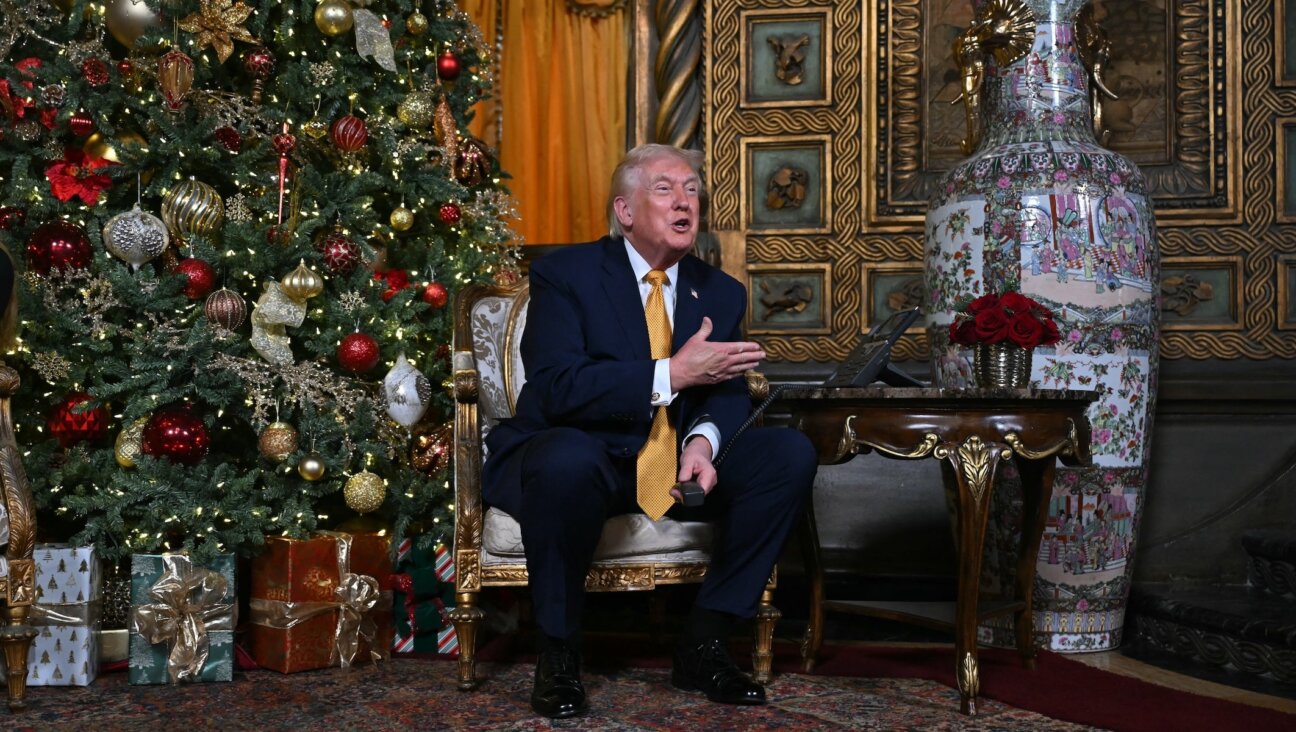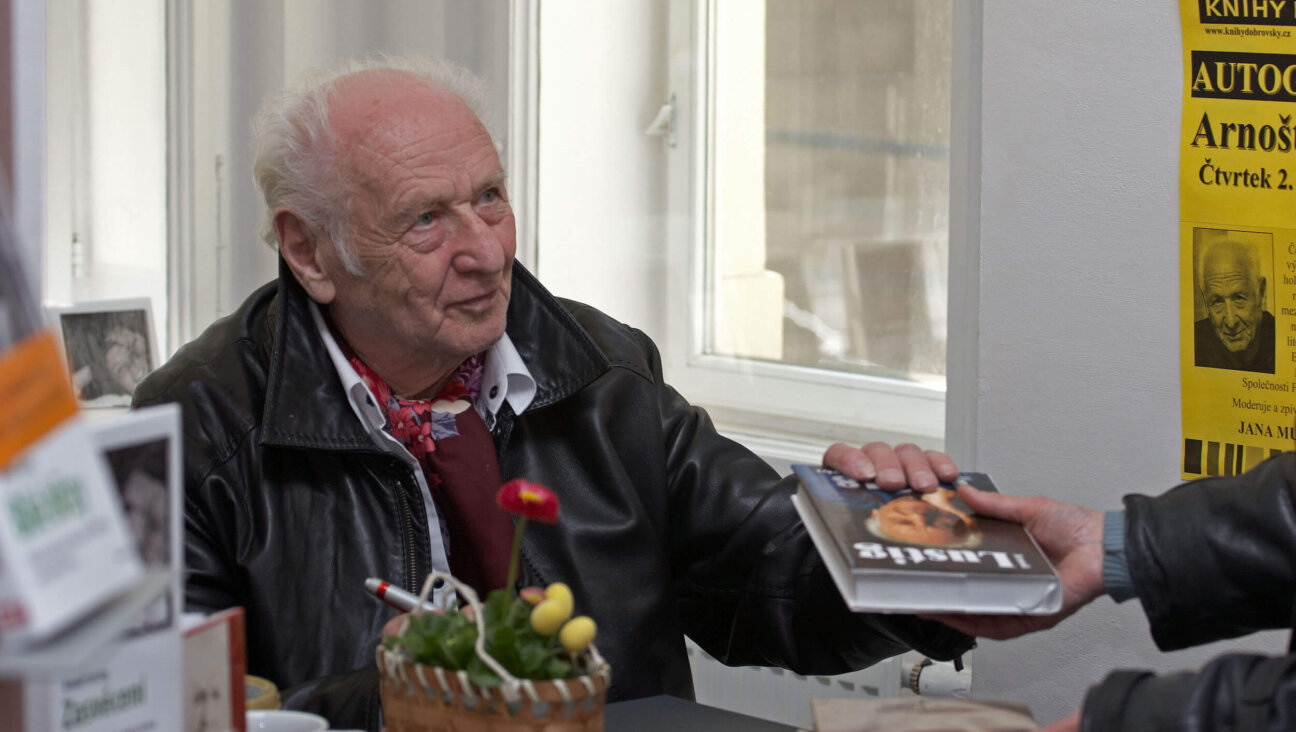British Zionists Defend Supermarket’s Anti-Israel Hotline
The supermarket chain Tesco shouldn’t be blamed for introducing a special U.K. helpline for complaints about it stocking Israeli products, a leading member of Britain’s Zionist lobby told Haaretz.
In yet another series of articles about this controversial topic, British media reported last week that pro-Israel groups attacked Tesco for the decision to set up the helpline, which coincided with government talks on labeling Israeli products.
“Blaming Tesco is ridiculous and unfair,” said Jonathan Hoffman, co-vice chairman of the Zionist Federation of Great Britain and Ireland. He explained the chain store had set up the helpline in anticipation of a spate of calls by promoters of a boycott on Israeli goods responding to the government talks. “Tesco acted as any business would act,” he added. “The finger should be pointed at the British government for holding these discussions in the first place and thereby fueling efforts by seekers of a total boycott of all things Israeli.”
After the helpline was discontinued, a Tesco spokesperson said: “Our only aim was to be helpful, it was not making any political point.”
The contested government meeting took place on March 31, and its dealt with a controversial demand by boycott promoters that products from West Bank settlements be labeled separately from goods produced by Palestinians.
“The people and organizations behind this are the same ones promoting cultural and scientific boycotts, people who are guided by hatred of Israel.” Hoffman argued.
Although it contains a separate mini-site on West Bank goods, the internet site for the BIG (Boycott Israeli Goods) campaign – which unifies and coordinates the actions of a number of smaller U.K. movements and activists – calls for “a comprehensive boycott of Israeli goods.”
The March 31 session did not yield any conclusions. The subject will go up for a “consultation” led by Britain’s Department for Environment. The British government has already decided to encourage “voluntary” separate labeling of West Bank products by chain stores.
Although the food department has denied this, Hoffman says he expects the government to back the motion for separate labeling. He explained the federation opposes this because it “goes far beyond” Israel’s understandings with the European Union and because it “singles Israel out.”
“There is no similar demand for separate labels on Cypriot goods produced by Greeks and Turks,” Hoffman noted.
Last month the Israel Manufacturers Association reported the findings of survey among local exporters, in which 21% of 90 participants said they had felt a drop in demand due to boycotts, mostly from the U.K. and in Scandinavia














